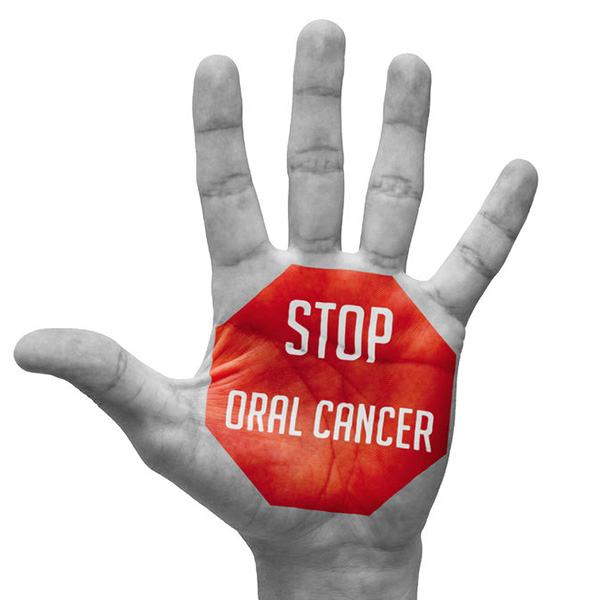Fighting oral cancer through awareness
28 Jun 2016

Featured by Irina Harlamova, RAM Media Holding Reporter
It is sad to admit that for many years the oncology statistics has been rather grim for the international community. I believe each of us knows what cancer is. Someone knows a person who struggled with this cruel disease, others heard the bad news themselves. It is a sad beginning. I know. But such things need to be discussed. It is better to be aware of them. Forewarned, forearmed. Right? By covering various topics in such areas as dentistry, cosmetology and maxillofacial surgery under the guidance of doctor-surgeon Alexander Antipov, we have addressed many of the issues and unknowingly ignored this one. No doubt, you will understand why. But still, the today's agenda is cancer of the oral cavity (oral cancer).
How serious is the problem of oral cancer?
When I researched the topic, Doctor Antipov recommended to search online the statistical data of the World Health Organization. I cannot say that I was shocked by the fact that oncology is widespread throughout the world. But when I learned that about 10 million people annually are diagnosed with this disastrous disease, I came to a standstill, thinking about this number. This means that approximately 2,700 people a day throughout the entire world hear the diagnosis — cancer. There is something to think about, isn't it?
Interview with Dr. Alexander Antipov
"Of course, oral cancer is not so widespread, but it happens, which means that it cannot be ignored," Alexander says. The disease responds to treatment, most tumors can be easily removed, including by means of surgery. If tumors are nonresectable, they are treated with chemo-and radiotherapy. It is clear that the sooner you are diagnosed, the better are your chances to recover. "The disease can be identified easily, even at the initial stage. When inspecting the mouth in the mirror, you can detect the symptoms, if there are any. When you visit a dentist, the doctor will also see neoplasms or other signs of oncology," says doctor Antipov.
So…, the symptoms and premonitory signs of cancer include the following: indurations, swelling, red-and-white spots, ulcerations, idiopathic numbness or bleeding of the gums, pain in any part of the cheek, neck, or mouth. If you have difficulty swallowing, chewing, your voice is changed or becomes hoarse, this might suggest the disease. As we often heard at the lectures - it is not required to write the information down, but it is important to remember it.
For those, who are particularly health-conscious, I will mention at once that the above symptoms can sometimes result from the simplest actions or the EENT diseases. So, there is no need to panic ahead of the game. However if anything bothers you persistently or for a long time, it is best to make an appointment with a specialist.
"The doctor should inspect the oral cavity, neck, cheeks, and lymph nodes. If there are any alarming signs, the next step will be the following tests: MRI, NMR, and biopsy. An ear-nose-throat specialist or a dentist will advise on tests and procedures to determine a complete diagnosis. Thus, an oncologist can join the treatment," Dr. Antipov explains.
Despite endless medical researches, there are no apparent reasons why some people develop cancer and specifically oral cancer. However, it is known that smoking and the use of chewing or sniffing tobacco, as well as alcohol increase the risk of cancer. In addition to the above factors, the possible reasons may also include daily work with hazardous substances, severe lack of vitamin A, constant injuries of the mucosa, e.g. when you use dentures or dental crowns. I hope that you all know the dangers of direct sunlight.
"The disease is very rarely found in people under 40. The highest morbidity is among people 60-70 years of age," Alexander Antipov says.
Is there any way to protect ourselves from malignant tumors? No matter how trite it sounds, effective ways in this case are a healthy lifestyle and proper nutrition. Try to avoid alcohol, smoking, eat fruits, vegetables, vitamins, go in for sports – these are not a panacea, but rather a necessity. As the saying goes, an ounce of prevention is worth a pound of cure.